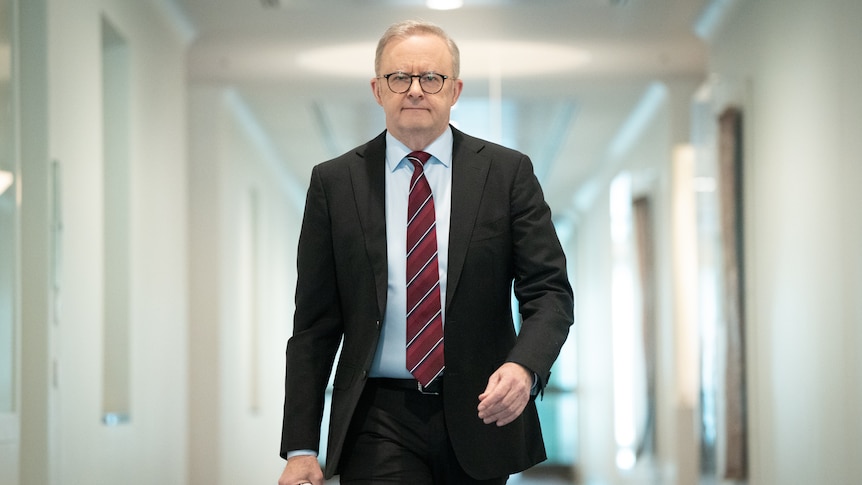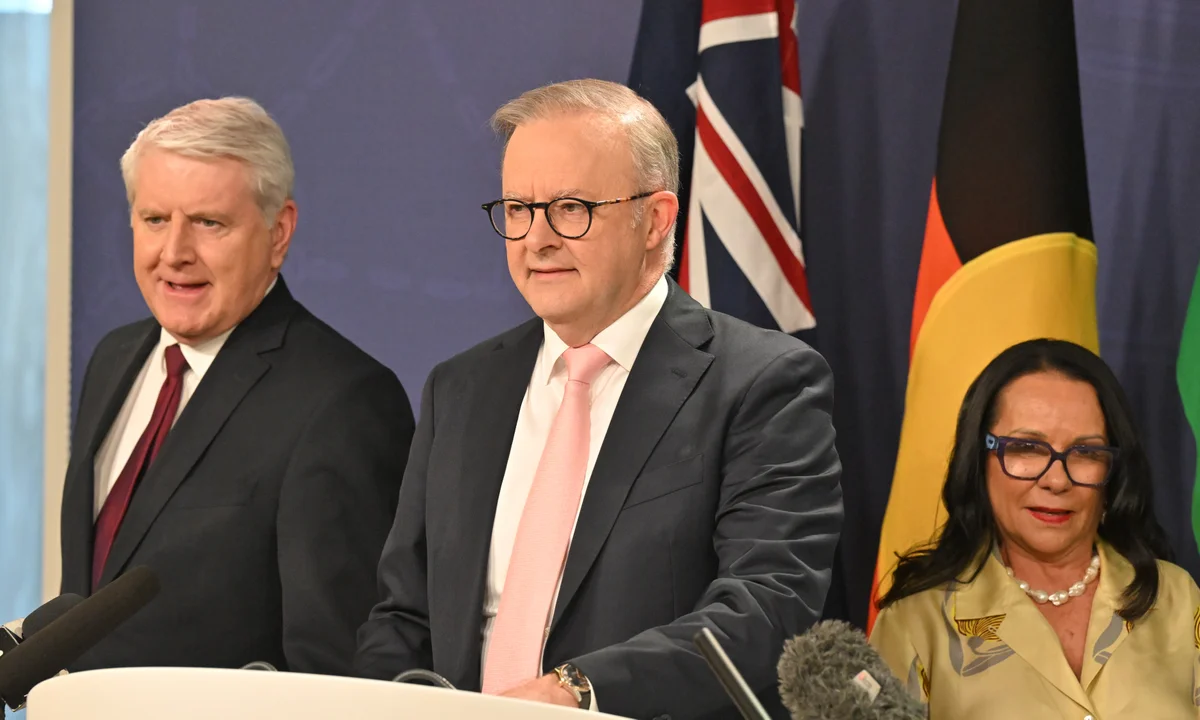The dust has barely settled on Labor’s decisive election victory, yet political insiders are already speculating about the composition of Anthony Albanese’s reshuffled ministry. With the party securing an expanded majority and fresh faces entering parliament, the Prime Minister faces what colleagues describe as a “welcome headache” in managing promotion expectations while maintaining cabinet stability.
At the center of reshuffle speculation stands Tim Ayres, the New South Wales senator whose previous act of political chivalry appears set to pay dividends. The left faction powerbroker deliberately stepped aside during a mid-2024 promotion round, advocating instead for colleague Jenny McAllister’s advancement—a gesture that has positioned him favorably for cabinet elevation.
Strategic Positioning Pays Off
Ayres brings considerable credentials to any potential promotion. As assistant trade minister, he has proven himself an effective advocate for Labor’s manufacturing agenda and the government’s Future Made in Australia initiative. His background as a former Australian Manufacturing Workers’ Union official, combined with extensive overseas travel in his trade portfolio, has established him as both a policy expert and a capable media performer.
Political observers note Ayres’ close personal relationships with the Prime Minister and other cabinet members, relationships that have been cultivated through years of factional politics and shared ideological commitments. His willingness to prioritize party unity over personal advancement has not gone unnoticed within Labor’s ranks.
The senator’s elevation to the cabinet appears all but certain, with sources suggesting his previous sacrifice has created an expectation of reciprocal support from party leadership.
New Faces Seeking Recognition

Rebecca White represents another compelling promotion case. The former Tasmanian Labor opposition leader’s transition to federal politics has been seamless, winning the seat of Lyons and immediately attracting attention for potential ministerial roles. Her extensive state political experience, including leadership of the Tasmanian Labor Party and shadow portfolios in climate change, tourism, and justice, provides a strong foundation for federal responsibilities.
Western Australian representation also features prominently in reshuffle discussions. Anne Aly and Patrick Gorman, both current ministers, are being closely monitored for possible portfolio changes or promotions. Aly currently oversees early childhood education and youth affairs while assisting with NDIS matters, while Gorman serves as assistant minister to the Prime Minister and for the public service.
Portfolio Restructuring Considerations
The reshuffle must address vacancies created by recent departures. Bill Shorten’s retirement in February and Stephen Jones’ departure have left gaps requiring immediate attention. The NDIS portfolio, temporarily absorbed into Amanda Rishworth’s social services responsibilities, is expected to return to standalone status, creating additional opportunities for ministerial appointments.
Other names circulating in political circles include Julian Hill, the assistant minister for multicultural affairs and citizenship, Andrew Charlton from Parramatta, and the economics committee chair, Daniel Mulino. Each brings distinct qualifications and factional considerations to the promotion equation.
Balancing Act Ahead
Despite speculation, caucus members acknowledge Albanese’s limited maneuvering room. Most existing ministers are expected to retain their portfolios, constraining the scope for dramatic changes. The Prime Minister’s authority, strengthened by electoral success, provides flexibility in portfolio allocation while respecting factional agreements on frontbench selection.
Senate representation presents another consideration. With senators like Katy Gallagher and Murray Watt carrying significant workloads representing cabinet colleagues in the upper house, particularly during overseas travel by Penny Wong and Don Farrell, additional Senate promotions could ease operational pressures.
Labor’s expanded caucus will convene Friday in Canberra before parliament’s first post-election sitting in June. This meeting will likely provide clearer indications of Albanese’s reshuffle intentions, though the Prime Minister has already rejected suggestions of major portfolio changes, particularly dismissing speculation about Tanya Plibersek’s environment portfolio as “nonsense.”
The reshuffling process reflects broader themes of Labor’s second-term approach: rewarding loyalty, managing factional expectations, and positioning the government for sustained policy implementation across an expanded parliamentary majority.

